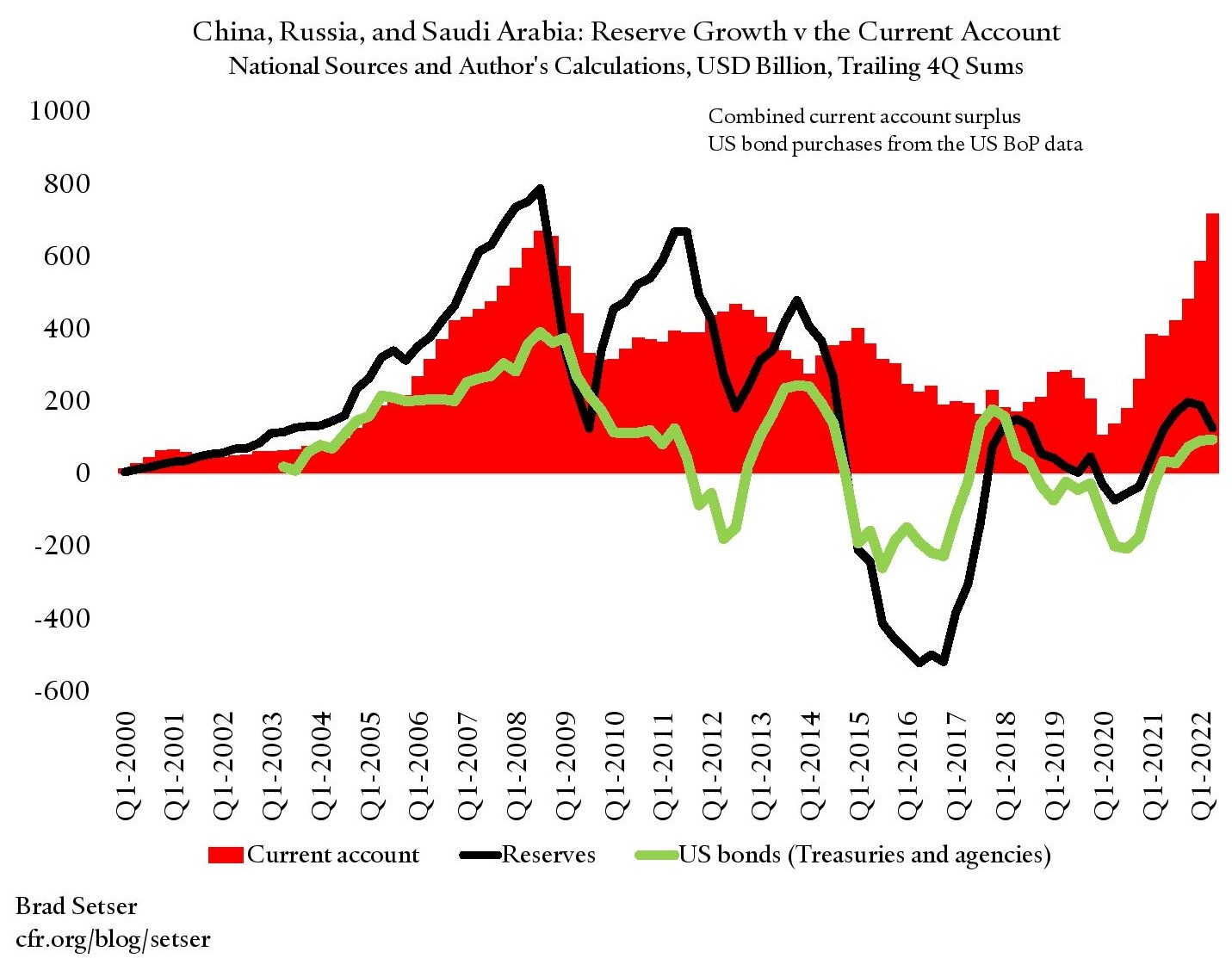Introduction
India is accelerating its move to expand its Bilateral Investment Treaty (BIT) network, engaging in talks with over a dozen countries including heavyweights like Saudi Arabia, Russia, the EU, Switzerland, Israel, and Australia
For Manika TaxWise readers—policy enthusiasts, investors, and corporate strategists alike—the resurgence of BITs marks a transformative opportunity. These treaties don't just protect foreign investments—they can also be essential tools for smarter tax planning and predictable regulatory frameworks. What does this mean for you? Let’s delve in.
What Are BITs & Why They Matter
Bilateral Investment Treaties (BITs) are formal agreements between two nations aimed at:
-
Protecting foreign investments through legal mechanisms, including international arbitration.
-
Ensuring fair treatment and protection from discriminatory policies.
-
Offering dispute resolution beyond domestic courts, which is crucial for investor confidence
Traditional BITs often forced investors to exhaust local legal avenues—typically five years—before moving to international tribunals. India’s reformed BIT model shortened this to three years, achieving a balance between investor security and preserving public policy space
The Strategic Push: 12+ Countries in Bilateral Talks
🇸🇦 Saudi Arabia
High on India’s BIT priority list, Saudi Arabia is already receiving favorable tax treatment via exemptions for its sovereign wealth fund. A BIT could further bolster investor confidence in renewable energy, infrastructure, and oil sectors.
🇷🇺 Russia
India and Russia have discussed six new strategic projects that might benefit from BIT frameworks. Deepening economic ties align with India’s ongoing rupee–rubles payment initiatives
🌍 Others
Negotiations are also underway for agreements with Qatar, Israel, Oman, the EU, Switzerland, Australia, Tajikistan, Cambodia, Uruguay, Maldives, and Kuwait
Timeline & Expected Outcomes
India’s roadmap:
-
Finalization window: Several BITs expected to be signed within the next 3–6 months
-
Strategic model update: Based on revamped BIT model announced in the last Budget, making India more attractive to investors
-
Historical context: Since 2015, India signed BITs with UAE and Uzbekistan; aiming to rebuild the pre-2015 BIT ecosystem on updated terms
Investor & Tax-benefit Overview
Why does BIT expansion matter to you?
-
Enhanced Investor Confidence
International arbitration safeguards offer peace of mind amid regulatory uncertainties. -
Predictable Tax Landscape
While BITs don't replace DTAs, they reduce risks related to changes in tax or regulatory laws. -
Facilitated Long-Term Planning
Secure investments in sectors like manufacturing, energy, and tech infrastructure with VAT relief or project-specific incentives. -
New Strategies for NRI & FPI Investors
Foreign Portfolio Investors (FPIs) and Non-Resident Indians (NRIs) can better manage tax obligations thanks to stabilisation clauses in BITs.
Case Study: Saudi Fund & India’s Friendly Framework
-
May 2025: India exempted Saudi Arabia's sovereign wealth fund from foreign portfolio investment caps—signaling deepened financial cooperation
Joint meetings centered on energy, infrastructure, and pharmaceuticals.
-
A Saudi–India BIT could secure deeper market access, arbitration protections, and easier capital repatriation.
Table: BIT Negotiation Stages
| Country/Region | Negotiation Stage | Key Benefits/Focus |
|---|---|---|
| Saudi Arabia | Advanced | Sovereign funds, energy, arbitration |
| Russia | Active | Strategic projects, rupee–rubles trade |
| EU & Switzerland | Mid-stage | Sectors: manufacturing, finance |
| Israel, Qatar, Oman | Early-mid | Tech, energy, healthcare |
| Australia | Early | Mining, agritech, R&D |
| Tajikistan, Maldives | Preliminary | Tourism, logistics |
| Cambodia, Uruguay | Exploratory | SME exports, agri-tech |
| Kuwait | Early | Energy, infrastructure |
Practical Tips: Navigating the BIT Landscape
-
Stay Alert to Treaty Finalizations
Infrastructure, energy, and financial firms should track when BITs enter force. -
Integrate BIT Considerations in Tax Advisory
Leverage BIT provisions in tax planning for foreign clients. -
Align Investments with Arbitration Safeguards
Use investment protections to secure funding and long-term contracts. -
Explore Treaties for Hedging Strategies
Use BITs to hedge policy risk—insurance-like protection for international investments.
What BIT Expansion Means for India’s Economy
-
India as a manufacturing magnet: Secure investment channels boost 'Make in India' ambitions.
-
Geopolitical leverage: Stronger ties with Saudi Arabia and Russia diversify India’s economic portfolio.
-
Capital inflows & tax revenues: New treaties can generate increased foreign inflows, yielding potential tax gains.
-
Regulatory modernization: BITs promote best-practice norms like transparency, dispute resolution, and limited retroactive taxation.
Conclusion
India's BIT expansion—especially with key partners like Saudi Arabia and Russia—is more than diplomatic outreach—it’s a strategic move to cement India’s place in global investment circuits. For investors, businesses, and professionals at Manika TaxWise, this opens opportunities for smarter investments, resolving policy uncertainty, and refined tax strategies.
As these BITs materialize, align your investments and advisory practices with emerging frameworks for optimized gains and protection.
Frequently Asked Questions (FAQs)
1. What’s the difference between a BIT and DTA?
A BIT protects investments and offers dispute resolution, while a DTA avoids double taxation and clarifies tax treaties. Both are complementary.
2. Do BITs reduce domestic tax rates?
No, but they restrict arbitrary tax hikes and ensure transparent dispute mechanisms.
3. When will these BITs come into force?
Several are expected to be signed and ratified within 3–6 months according to government sources
4. How do BITs benefit NRIs and FPIs?
They ensure legal protections, safeguard against expropriations, and improve repatriation and taxation clarity.
5. Will BITs affect manufacturing investment?
Yes. They boost investor confidence in the sector, crucial to India’s goal of becoming a global manufacturing hub.
6. Do BITs replace domestic legal systems?
No. Investors must first exhaust local remedies (reduced to 3 years) before moving to international arbitration


